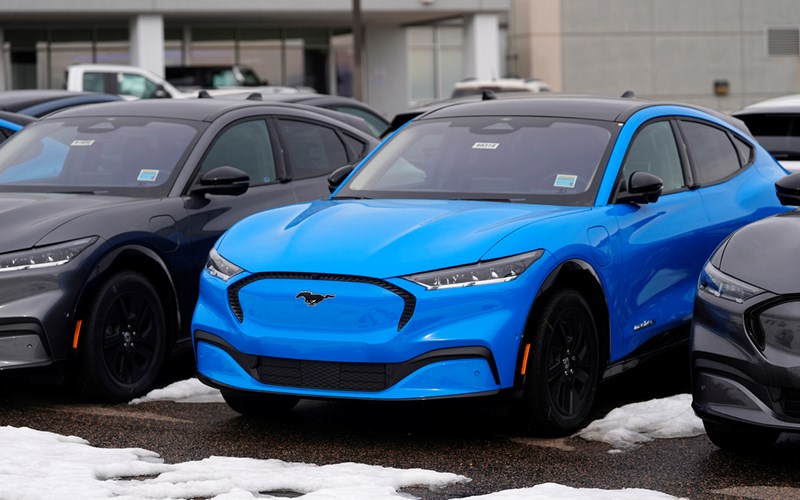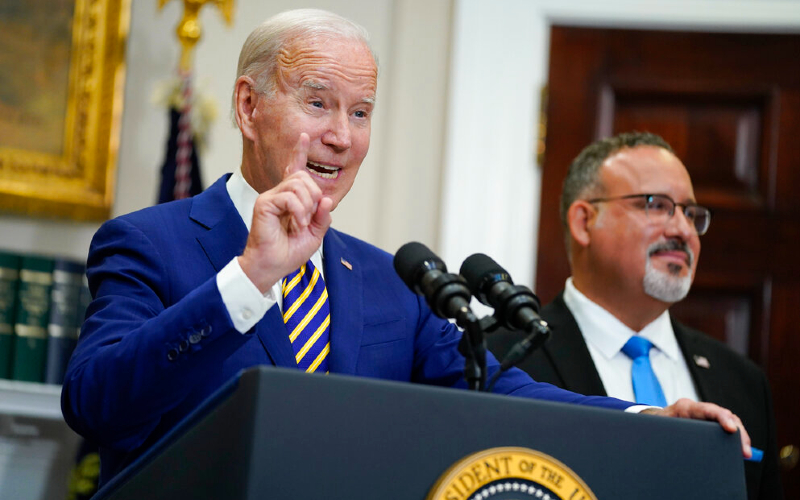The Biden administration believes a transition away from fossil fuel-powered automobiles and toward electric models will help fight what the president calls man-made climate change. Still, automakers and the United Auto Workers union have urged him to slow the proposed ramp-up in EV sales.
"They say EV technology is still too costly for many mainstream U.S. consumers and that more time is needed to develop the charging infrastructure," writes Reuters reporter David Shepardson.
In April 2023, the Environmental Protection Agency (EPA) proposed requiring a 56% reduction in new vehicle emissions by 2032. Under the initial EPA proposal covering 2027-2032, automakers were expected to aim for EVs to constitute 60% of their new vehicle production by 2030 and 67% by 2032 to meet stricter emissions requirements.
But under the revised regulation, which is expected to be made public in the coming weeks, the EPA will slow the pace of its proposed yearly emissions requirements through 2030.
Larry Behrens of Power The Future calls it nothing more than an election year stunt.

"He's trying to pretend that he isn't the president that he's been for the last three years, and Americans aren't going to buy it," he says. "They know that he's tried to take their gas stoves, he's tried to force them into EVs, and he's tried to get into their homes with taking any number of appliances."
Behrens also remembers that in 2022, Democrats who were up for re-election considered suspending the federal tax on gasoline. But since they won re-election, they have not tried to bring that bill back.
"They only pretend to care about working families in an election year," he says.
With that in mind, Behrens expects President Biden will bring back the tailpipe emissions rule after the November election.
"I think he's going to spend the next 10+ months trying to convince us that he's not the radical leftist that he's been in the White House," Behrens predicts.







